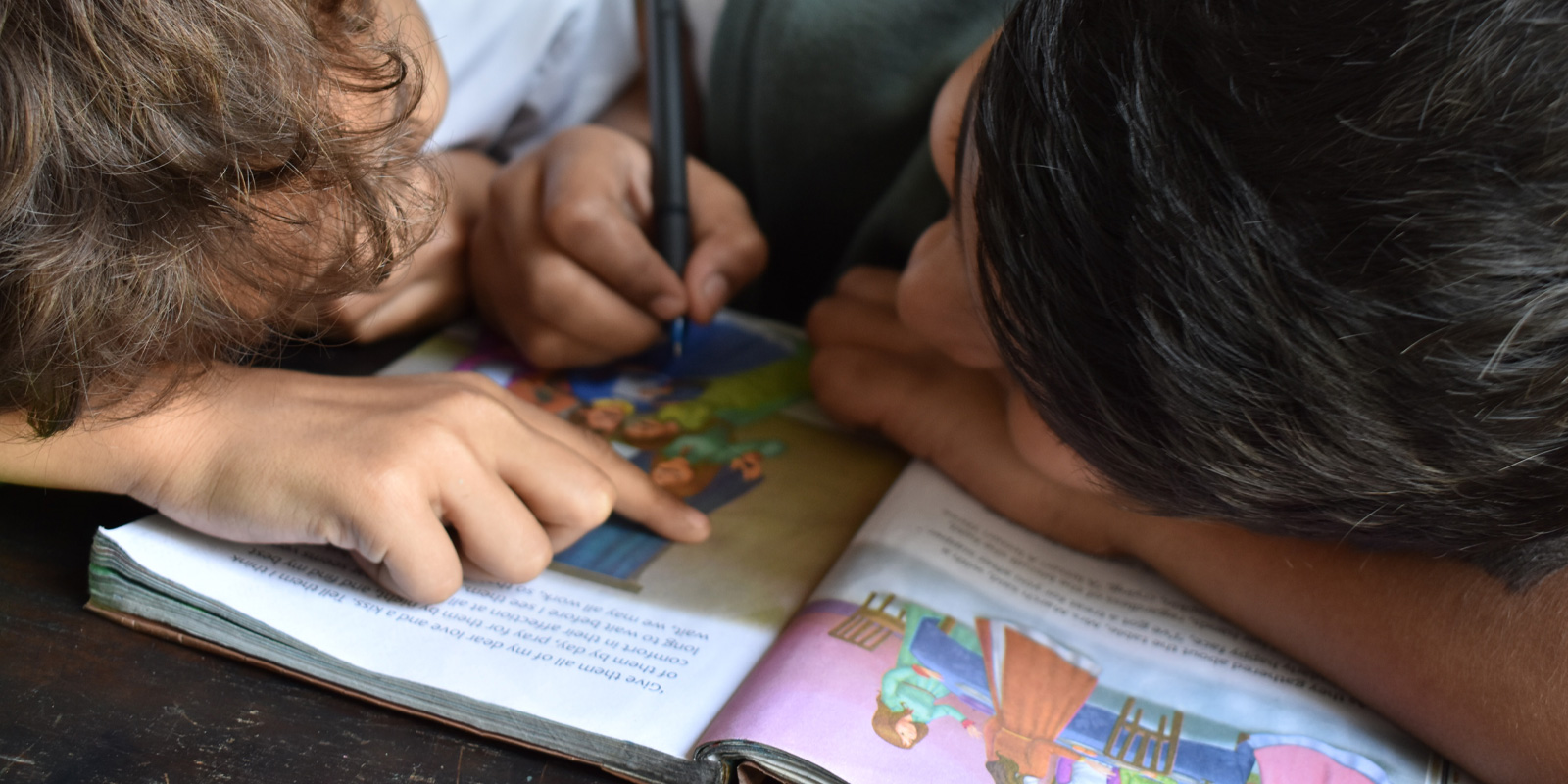Because we can’t take our Early Learning Nation Studio on the road during this time, stay tuned as ELN recaps Top Takeaways from important conversations, town halls, webinars and virtual events from the Early Learning field. Read them all and join the conversation! And visit our Early Learning Nation channel on YouTube for interviews with leaders from education, child development, business, politics and more.
On Thursday, April 29, The Hunt Institute hosted a conversation with researchers and school leaders in Virginia. Data on new school readiness points to the impacts of the COVID-19 pandemic on the preparedness of young students. Using the Commonwealth as a case study, Dr. Walter Clemons (Gloucester County Public Schools), Dr. Bridget Hamre (Teachstone), Dr. Anita McGinty and Dr. Amanda Williford (University of Virginia) commented on current trends and their national implications. Dan Wuori (Hunt Institute) moderated the panel. Here are our top four takeaways.
1. Learning isn’t necessarily ‘lost.’ There is a misconception that children start learning only once they enter a schoolhouse. “We know that isn’t the truth,” Wuori said, debunking a common myth. “Children are learning from day one and even prenatally.” In the past year, most children experienced “the loss of specific kinds of experiences that may have a short-term impact on their preparedness for school success,” Wuori said. There is also the social-emotional opportunity cost of not being able to interact with peers in a group-based setting. While it is true that learning occurs throughout all of life’s stages, the pandemic has undoubtedly exacerbated educational inequity and inequality.
👉 5 Questions for Virginia Governor Ralph Northam
2. Learning assessment systems vary by state. Virginia uses two primary tools to track student academic performance in public schools: the Phonological Awareness Literacy Screening (PALS) and the Virginia Kindergarten Readiness Program (VKRP). PALS screens for early signals of reading difficulties in kindergarten to third grade, as mandated since 1997. The results drive the allocation of state dollars for early intervention to students who fall below a certain threshold. This approach is gaining traction across the country. McGinty said, “In the past five years, there’s been a large increase, with about 34 states requiring this type of screening.” VKRP is the school readiness assessment used statewide since 2019 to measure children’s early math skills, self-regulation and social skills as they enter kindergarten. “There are very few states with the breadth of measurements of literacy and other core skills that we know four- and five-year-old children need to thrive in school and life,” Hamre said.
3. The pandemic impacts everyone. Nine out of 10 kindergarten and first-grade students participated in PALS this year, which is comparable to past levels of participation. Across racial category, ethnicity, English learning and economic status, “Every child group had an increase in risk,” McGinty said, and there was a clear disproportionate jump in children who are Black, Hispanic, English learners and designated as economically disadvantaged by the state’s definition. Comparing levels of risk in the fall of 2020 to the fall of 2019, about 40% more children are significantly at risk for later reading difficulties. VKRP data shows that about 45% of children came in below the foundational benchmarks in terms of readiness across the board. Williford said, “Teachers reported children’s self-regulation and social skills data, but they also told us they didn’t feel very confident in their assessments.”
4. Teachers need more support. There are clear challenges and limitations to assessment systems, but by and large, “The data show that not being in school and having that interaction with the teacher, in an interactive, live instructional framework has an impact not only on early learners but for all learners pre-K through 12, staff and families,” Clemons said. Virginia’s teachers are the ones who are going to make up for lost time. As logistical plans and strategies roll out to remediate learning deficits and address student needs for high-quality education and interventions, teachers require adequate support as well to build and recover relationships and acclimate to the new normal.
👉 Funny Strange or Funny Ha-Ha? For Teacher of the Year Tabatha Rosproy, It’s Both

Mark Swartz
Mark Swartz writes about efforts to improve early care and education as well as developments in the U.S. care economy. He lives in Maryland.



